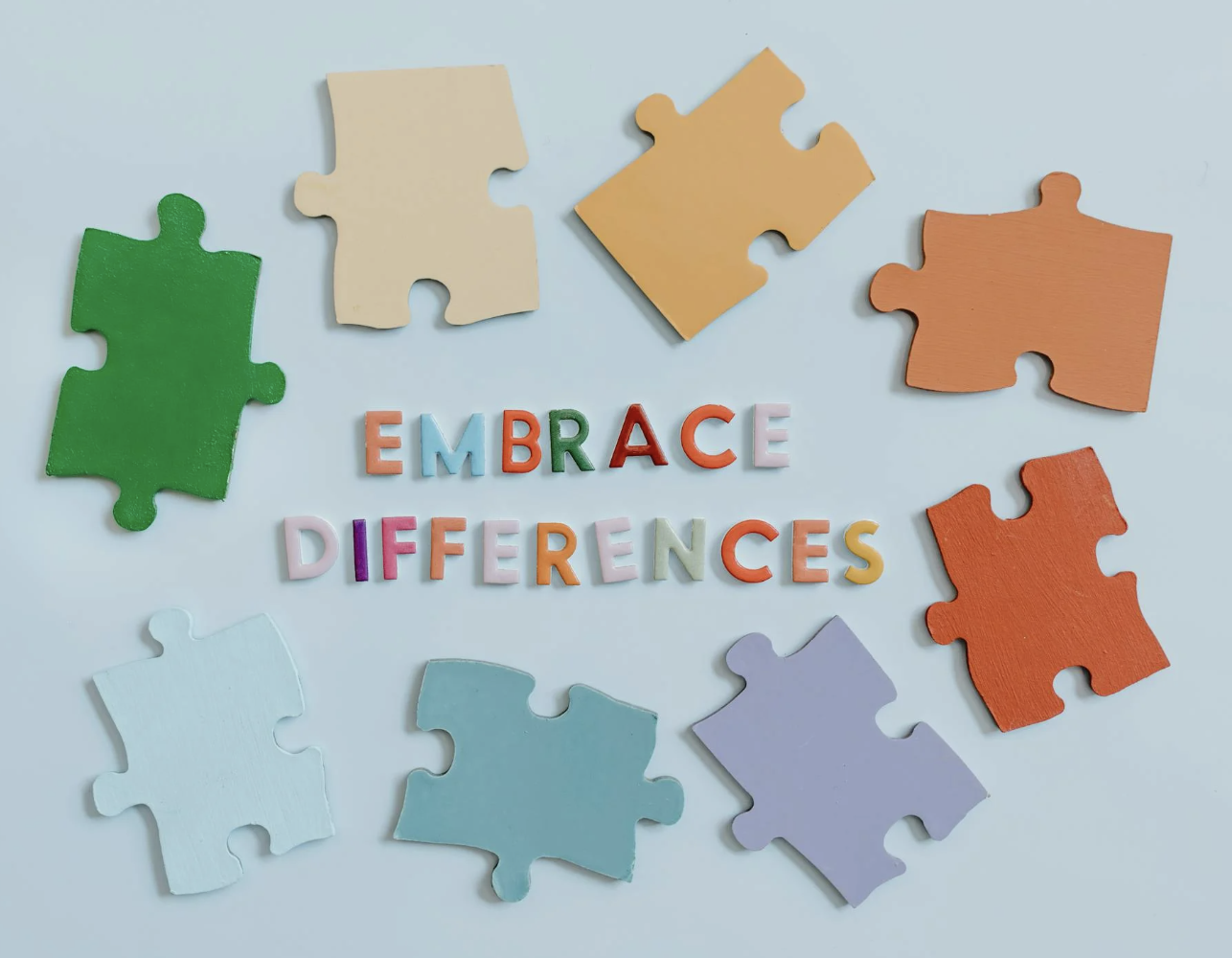Queer and Neurodivergent: Exploring the Overlap Between LGBTQ+ Identities and Neurodiversity
Being queer can be complex. Being neurodivergent can be complex. Being both? That’s a beautifully layered experience that deserves its own space in the conversation.
If you’re LGBTQ+ and also neurodivergent (autistic, ADHD, dyslexic, or otherwise wired a little differently), you may have felt like you exist in a world that wasn’t built for you. You might have struggled to fit into either queer or neurodivergent spaces, or you may have felt that one part of your identity is more understood than the other.
But here’s the truth: Queerness and neurodivergence intersect in powerful ways, shaping how we experience identity, relationships, self-expression, and the world around us.
Why Do LGBTQ+ and Neurodivergent Identities Overlap So Often?
Studies suggest that neurodivergent people are more likely to identify as LGBTQ+. But why? While there’s no single answer, a few key factors might play a role:
🌈 Less Attachment to Social Norms – Many neurodivergent people question societal “rules” that don’t make sense, including rigid gender and sexuality norms. If you’ve always felt different from the mainstream, you may have been more open to exploring identity on your own terms.
🌈 Hyperfocus and Deep Self-Reflection – Whether through special interests, research, or introspection, neurodivergent people often deeply analyze their feelings and identities, leading to more self-awareness.
🌈 Rejection of Binary Thinking – Many neurodivergent people struggle with black-and-white rules that don’t match their experiences. This can extend to gender and sexuality, leading to a greater openness to fluidity.
🌈 Sensory and Body Awareness – Gender dysphoria or sensory discomfort with gendered clothing, pronouns, or social expectations may feel more pronounced for neurodivergent individuals.
These overlaps don’t mean that all neurodivergent people are queer (or vice versa), but they highlight the ways in which these identities can influence and reinforce each other.
Challenges of Being Both Queer and Neurodivergent
While the intersection of queerness and neurodivergence can be empowering, it can also bring unique struggles, including:
🔹 Feeling Like You “Don’t Belong” in Either Community – Queer spaces may not always be accessible to neurodivergent individuals, and neurodivergent spaces may not always be affirming of LGBTQ+ identities.
🔹 Masking in Multiple Ways – Many neurodivergent people mask (suppress their natural behaviors to fit in). Queer people often do the same before coming out. Being both can lead to chronic exhaustion from constant masking.
🔹 Difficulty Navigating Relationships – Social rules around dating, friendships, and intimacy can feel confusing, especially in queer spaces where traditional relationship models are often challenged.
🔹 Sensory or Executive Function Struggles with Gender Expression – Things like makeup, shaving, or binding may feel overwhelming from a sensory or executive functioning perspective.
🔹 Medical Gatekeeping – Some neurodivergent people struggle to have their gender identity taken seriously by healthcare providers who see autism or ADHD as a “cause” of gender exploration rather than a valid experience.
Affirmative Therapy for Queer, Neurodivergent People
Traditional therapy doesn’t always account for both queerness and neurodivergence. An affirmative therapy approachhelps you explore your identity with full recognition of both experiences—without pathologizing either.
How Therapy Can Support You
💛 Unpacking Identity Without Pressure – Therapy can provide a space to explore your gender and sexuality without pressure to fit into rigid categories.
💛 De-Masking and Self-Acceptance – You deserve relationships and environments where you don’t have to mask either your queerness or your neurodivergence. Therapy can help you unlearn masking patterns and embrace your full self.
💛 Navigating Relationships & Boundaries – Whether it’s dating, friendships, or family, therapy can help you understand and communicate your needs in a way that feels safe and affirming.
💛 Processing Sensory and Social Aspects of Gender Expression – Struggling with clothing textures, pronouns, or other gendered expectations? You’re not alone. Therapy can help you find ways to express your gender that align with your sensory and executive functioning needs.
💛 Building Accessible, Affirming Support Networks – Therapy can help you connect with communities that truly understand and support both your queer and neurodivergent identities.
You Are Not "Too Much"—You Are Whole
You don’t have to choose between your queerness and your neurodivergence. You don’t have to fit into neurotypical expectations of queerness, or cis/heteronormative expectations of neurodivergence. You are enough, exactly as you are.
If you’re looking for a therapist who understands the intersection of LGBTQ+ identity and neurodivergence, LGBTQ+ Affirmative Therapy can help. Therapy isn’t just about coping—it’s about celebrating who you are and creating a life where you feel truly seen.
👉 Looking for a therapist who gets both? Reach out today to connect with someone who affirms all of who you are.


